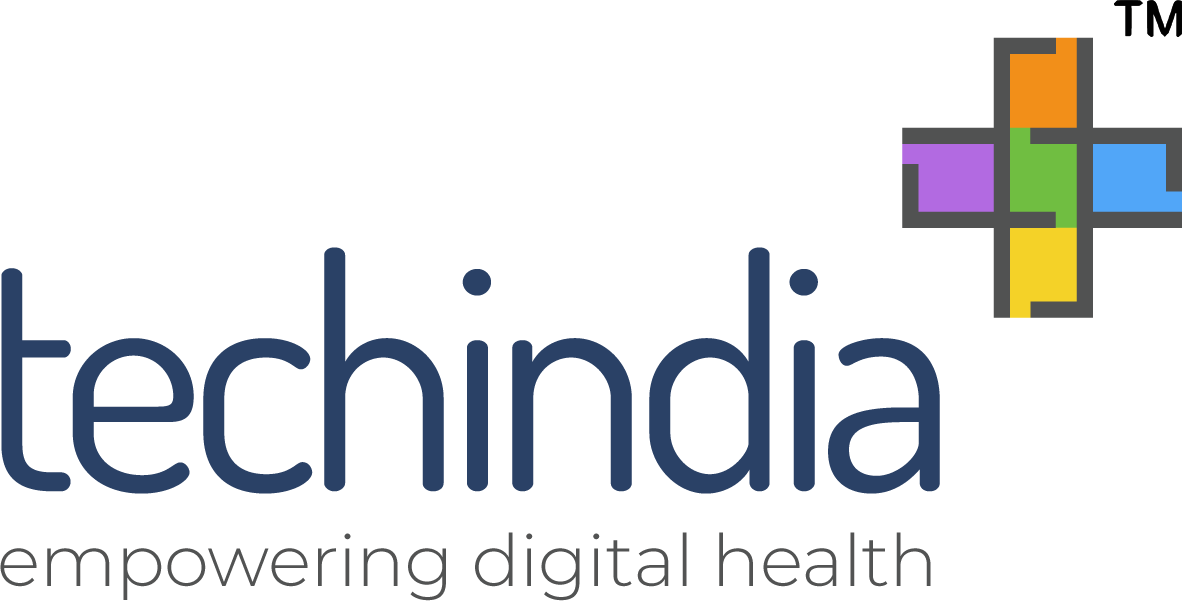- Posted: 10 Apr 2017
- Category: myblog
The Crucial Role that Digital Technology Plays in Improving Sleep Study Scoring Services
Getting a good night’s sleep, from centuries, has been considered an essential part of wholesome well-being of an individual. Yet, an increasing number of people are facing difficulties in enjoying a long restful sleep owing to sleep disorders such as sleep apnea. Thankfully, sleep researchers and physicians have been making advancements in treating sleeping disorders, helping their patients live a long, healthy life. And the key to alleviating sleep disorders is sleep study scoring, a test that collects vital information such as nasal and oral airflow, heartbeat, eye movement, muscle movement and snoring, among other things, while the patient sleeps.
The Evolution of Sleep Study Scoring
Before the advent of digital technology, sleep study scoring was a ‘paper and pen’ game. Then, researchers or sleep physicians would manually track all essential information and write it on paper for later examination. The heap of papers with patients’ sleeping recording would then be mailed to a sleep technologist who would study, draw inferences and send his finding back to the patient / his doctor, via snail mail. Needless to say, it was a long process with a higher margin for error.
Today, thanks to the digital technology, all the necessary sleep data is automatically tracked and stored, and can easily be shared with the sleep technologist in a matter of seconds. Presently, patients with suspected sleep disorder can undergo Polysomnograph. Under Polysomnograph, patients visit a sleep centre where their sleeping patterns are studied in a lab environment. Although, digital technology has made it possible for sleep centres to record and share sleep data in a more accurate and faster manner, Polysomnograph tests are yet to fully optimize the boon of digital technology.
As sleep study centres face problems of scheduling, lack of health professionals and rising operational costs, outsourcing sleep study scoring is becoming immensely popular and successful. Outsourced agencies are now helping sleep centres perform off-site sleep studies, often from the home of the patient under HST (Home Sleep Test), a less detailed version of sleep study to test presence or exclusion of sleep apnea.
Outsourcing, together with digital technology, is shaping a brighter future for sleep study scoring. In coming years, wearable technology, AI and IoT will make it possible for patients to easily track their sleep patterns and automatically send the findings to their doctor / sleep technologist through intelligent mobile apps.
How Outsourcing Sleep Study Scoring Works?
Sleep study scoring services employ qualified techs who work with patients from remote locations to score their sleep data in facility approved conditions and protocols. The trained techs focus fully on collecting even the minutest of details and share the sleep data to the sleep technologist through a centralized system that allows all parties involved in the sleep study including the patient. Since the data is transferred via HIPPA compliant software and hardware, patients’ privacy is fully protected.
The Way Forward
With as many as 40 million people undiagnosed of sleep disorders in US alone, there is a huge requirement for qualified sleep study scoring professionals who could help sleep centres with a convenient and cost-effective alternative to sleep study scoring.
As more and more people around the globe are getting affected by the ill-effects of sleep disorders in their daily lives, there is a dire need for leveraging digital technology and offering a convenient and affordable sleep study scoring solution to patients from far corners of the world. Outsourcing sleep study scoring is just the right step in that direction.
Recent Post

We're helping some of the most respected names in healthcare deliver measurably better outcomes. Let us show you what personally Human & AI integrated solution can do for your organization. While filling the form, please fill in the information more specifically that you are looking for.
Thank you for your query! We will get back to you shortly!!

